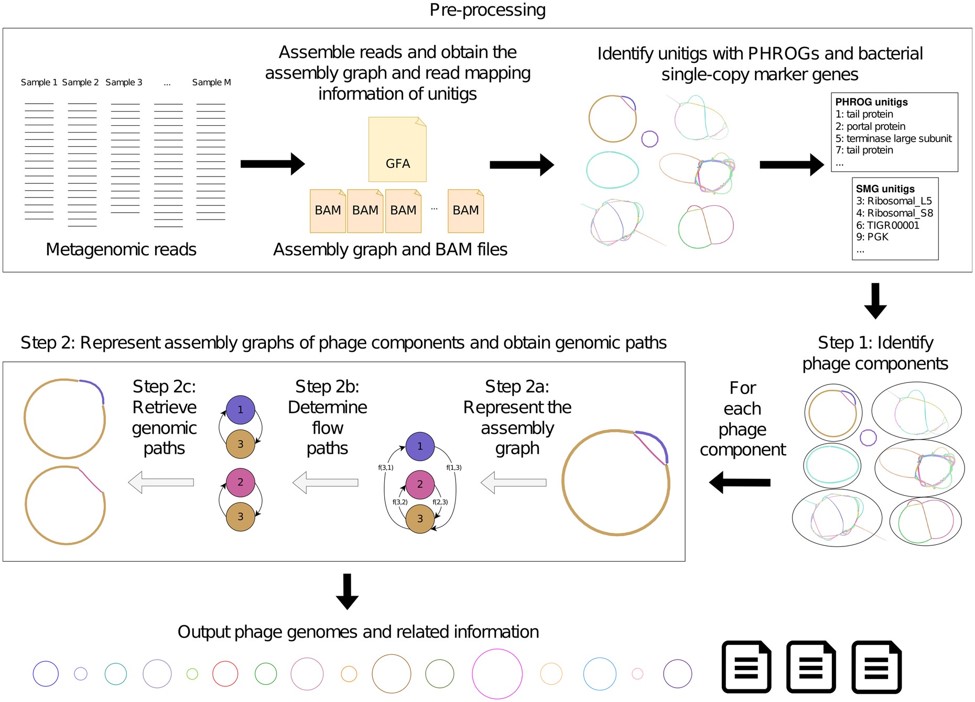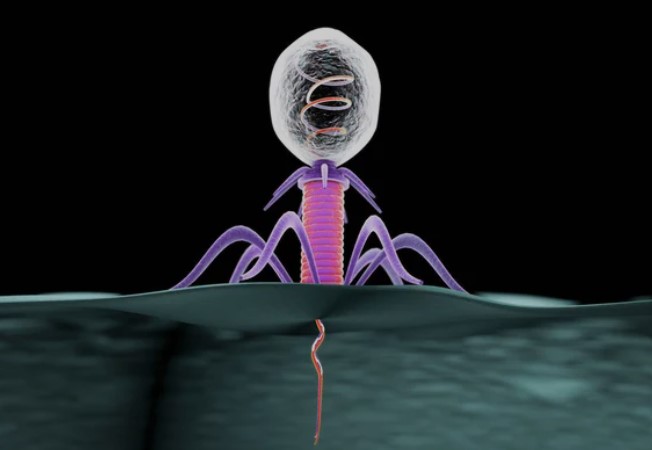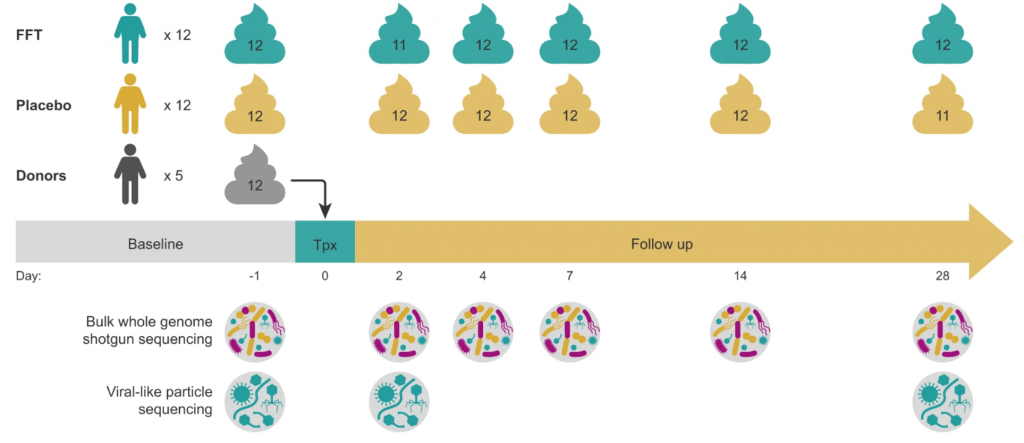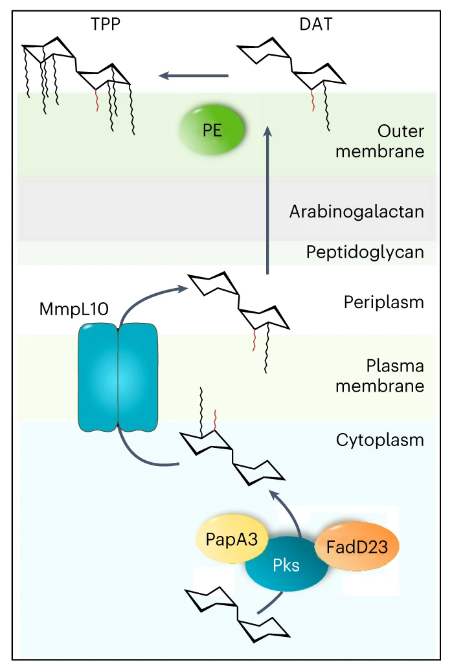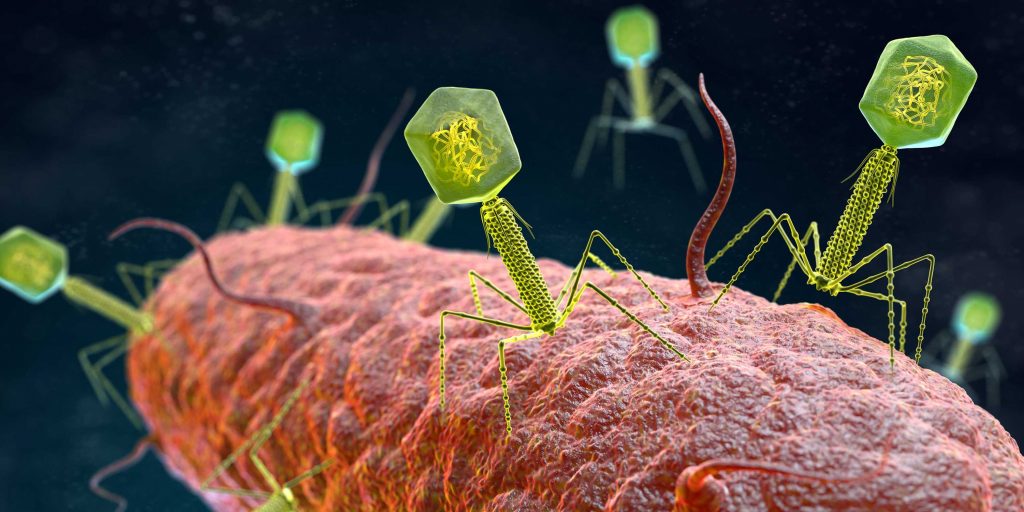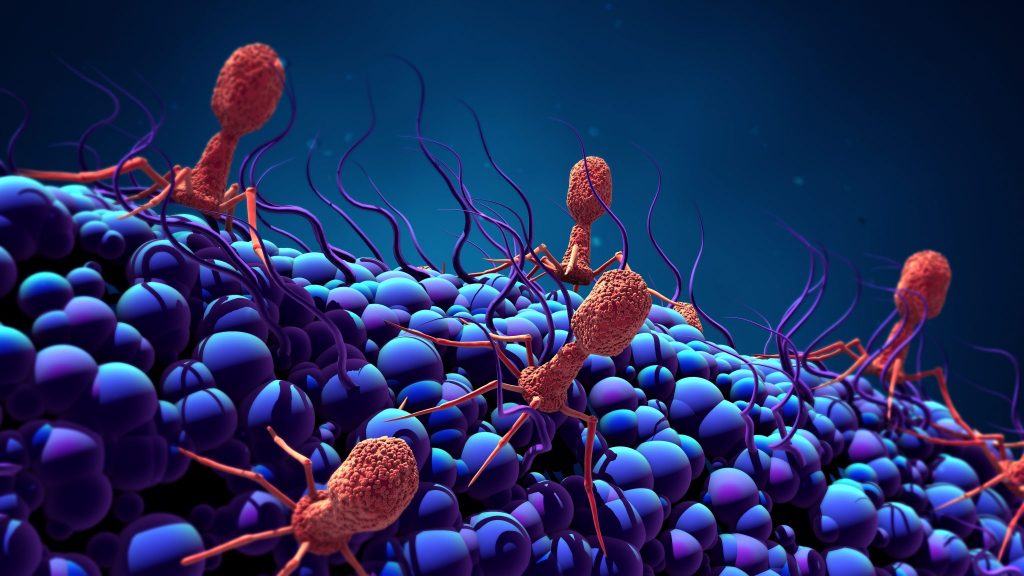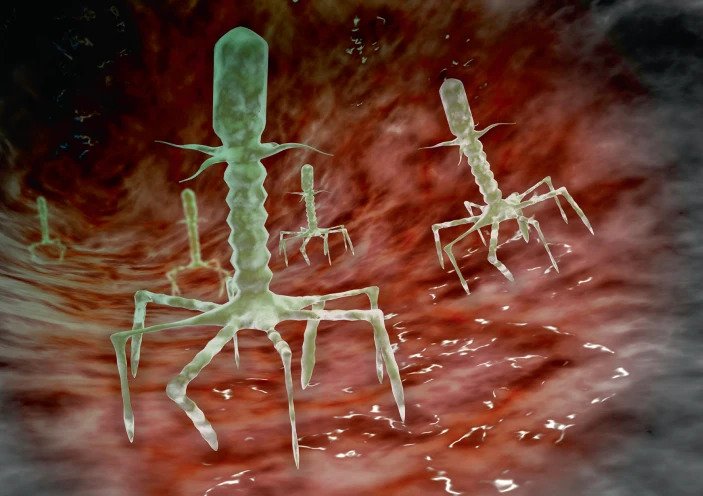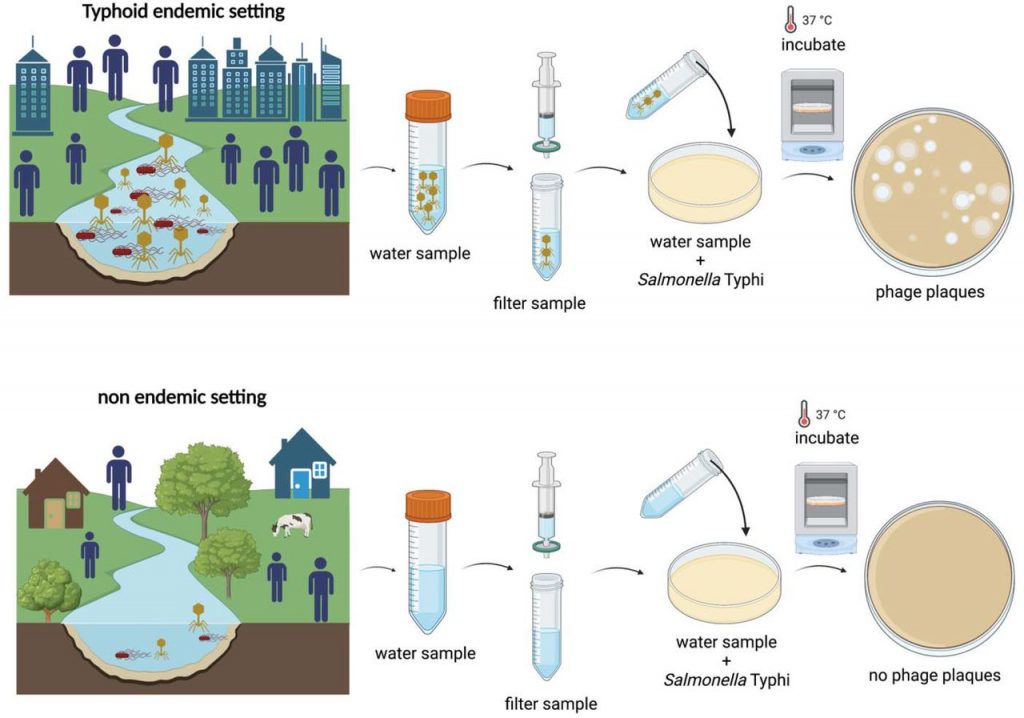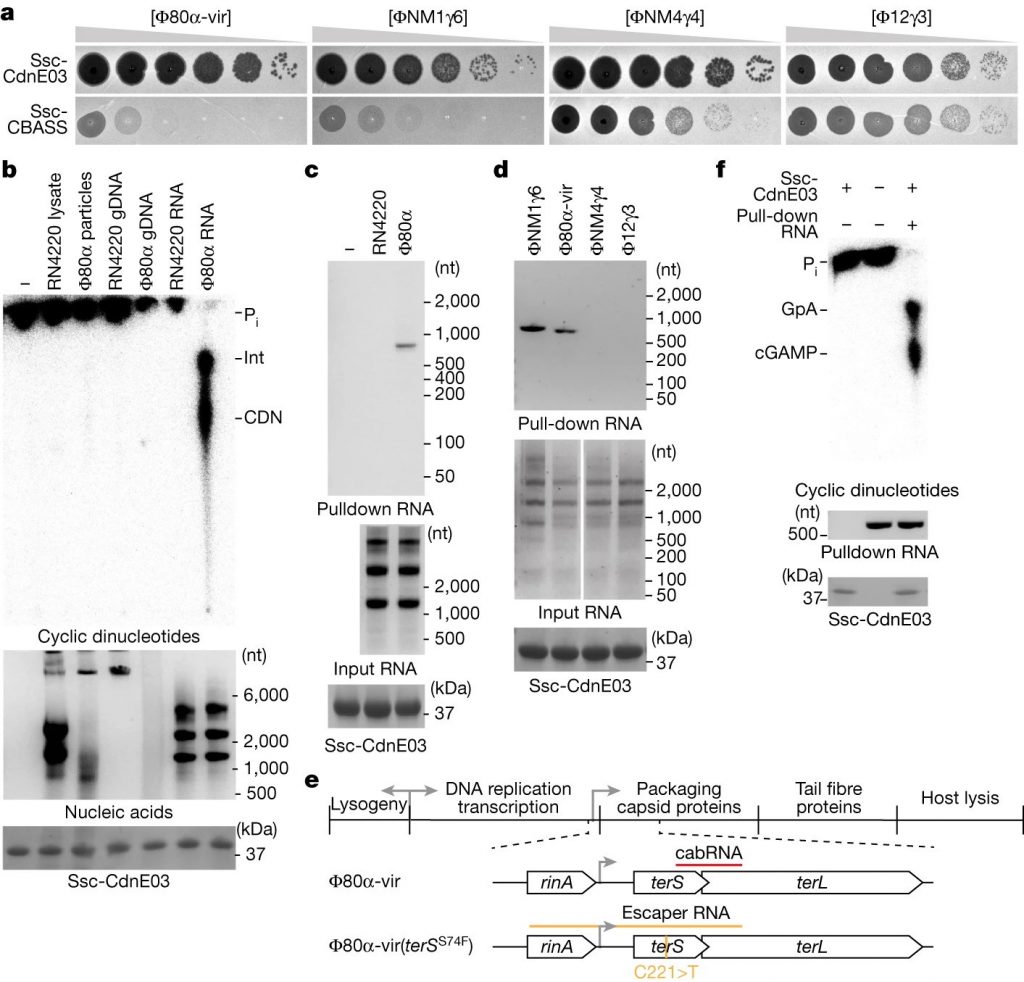
How Bacteria Spot Viral Invasion and Ramp Up Immune Defenses?
A viral RNA produced during Φ80α-vir infection activates Ssc-CdnE03 in vitro Researchers at The Rockefeller University’s Laboratory of Bacteriology have uncovered a novel mechanism through which bacteria defend against viral infections, known as the cyclic oligonucleotide-based antiphage signaling system (CBASS). This intricate immune response protects prokaryotes by triggering the production of cyclic oligonucleotides, activating proteins…

